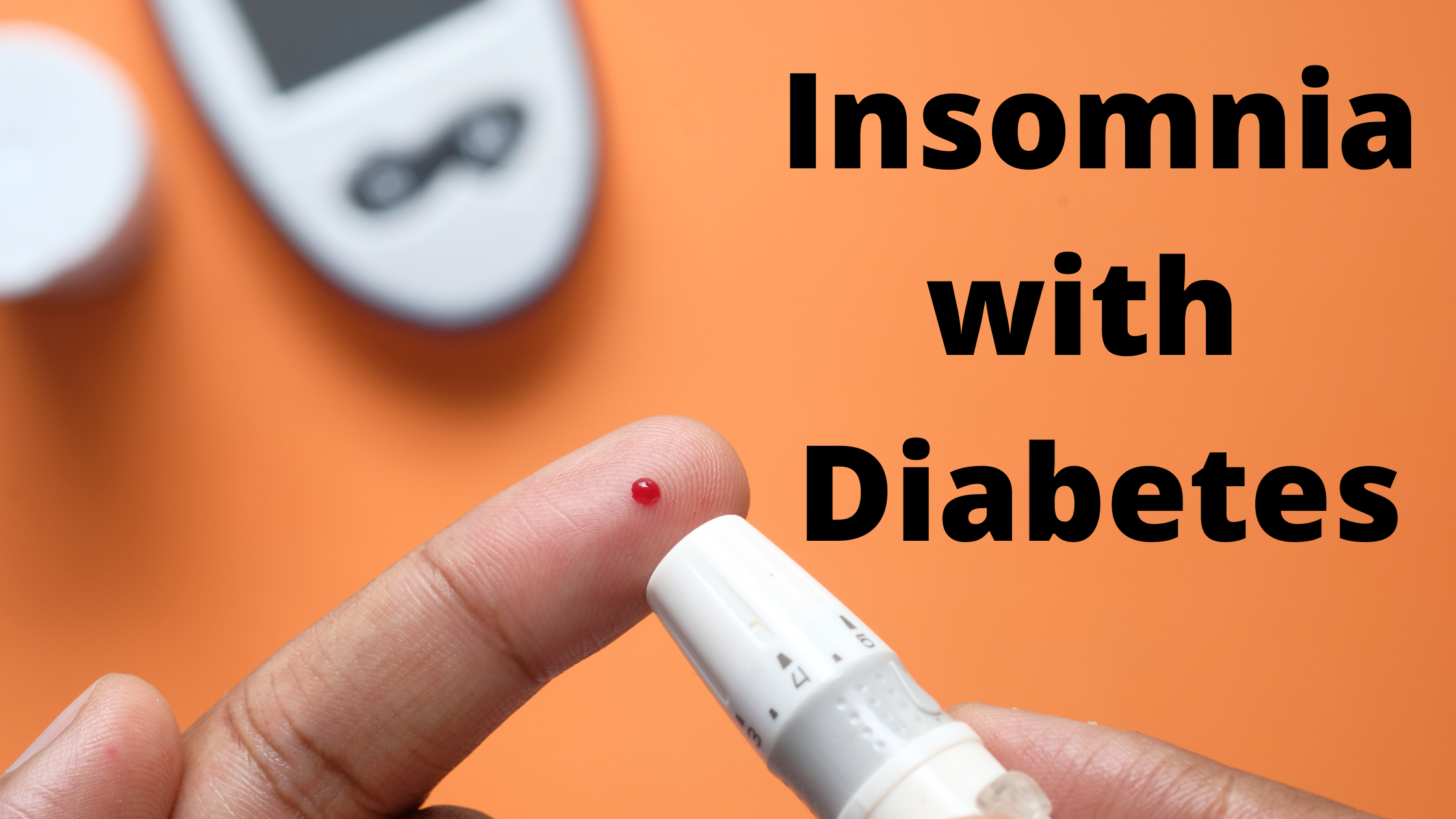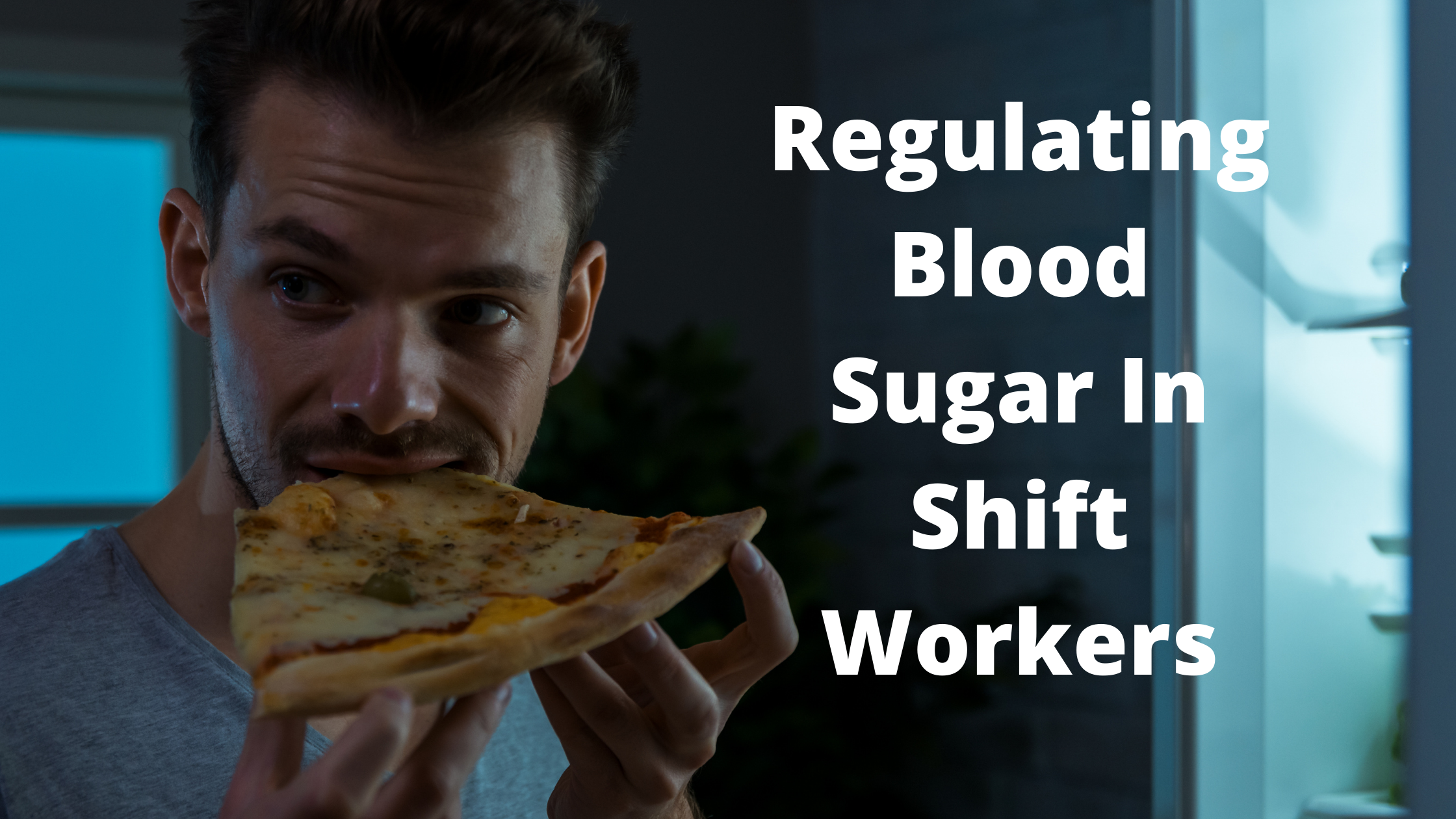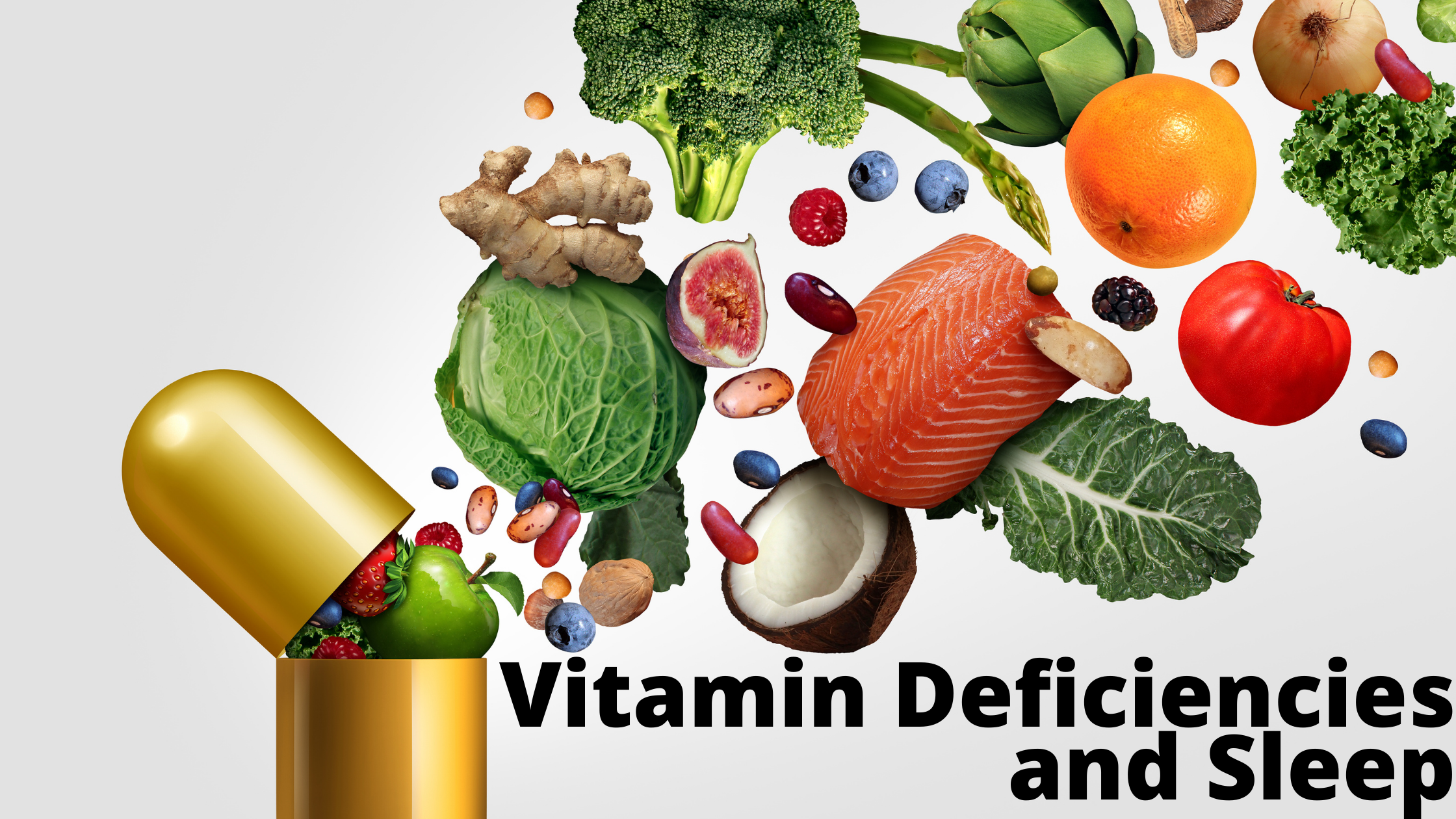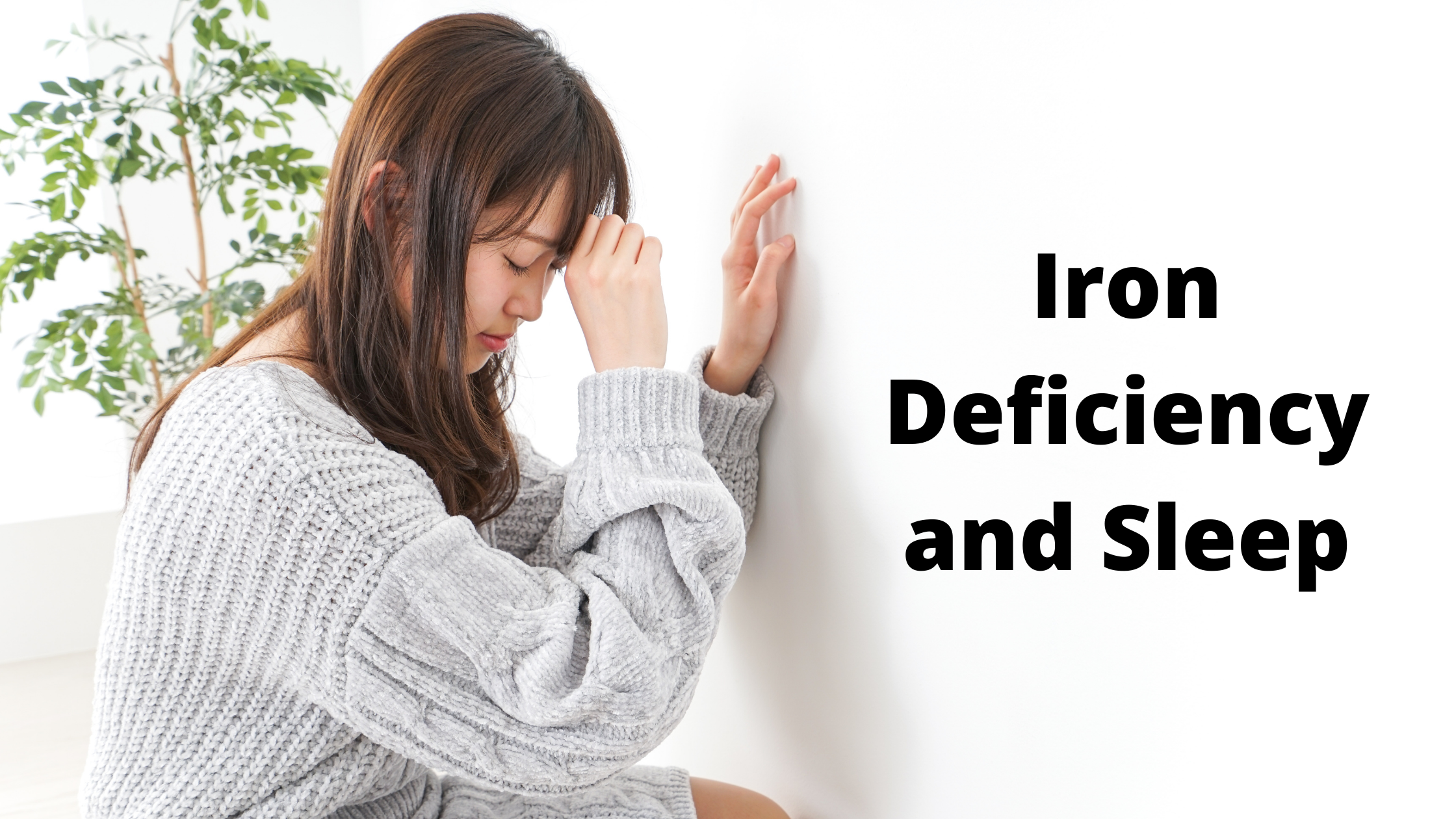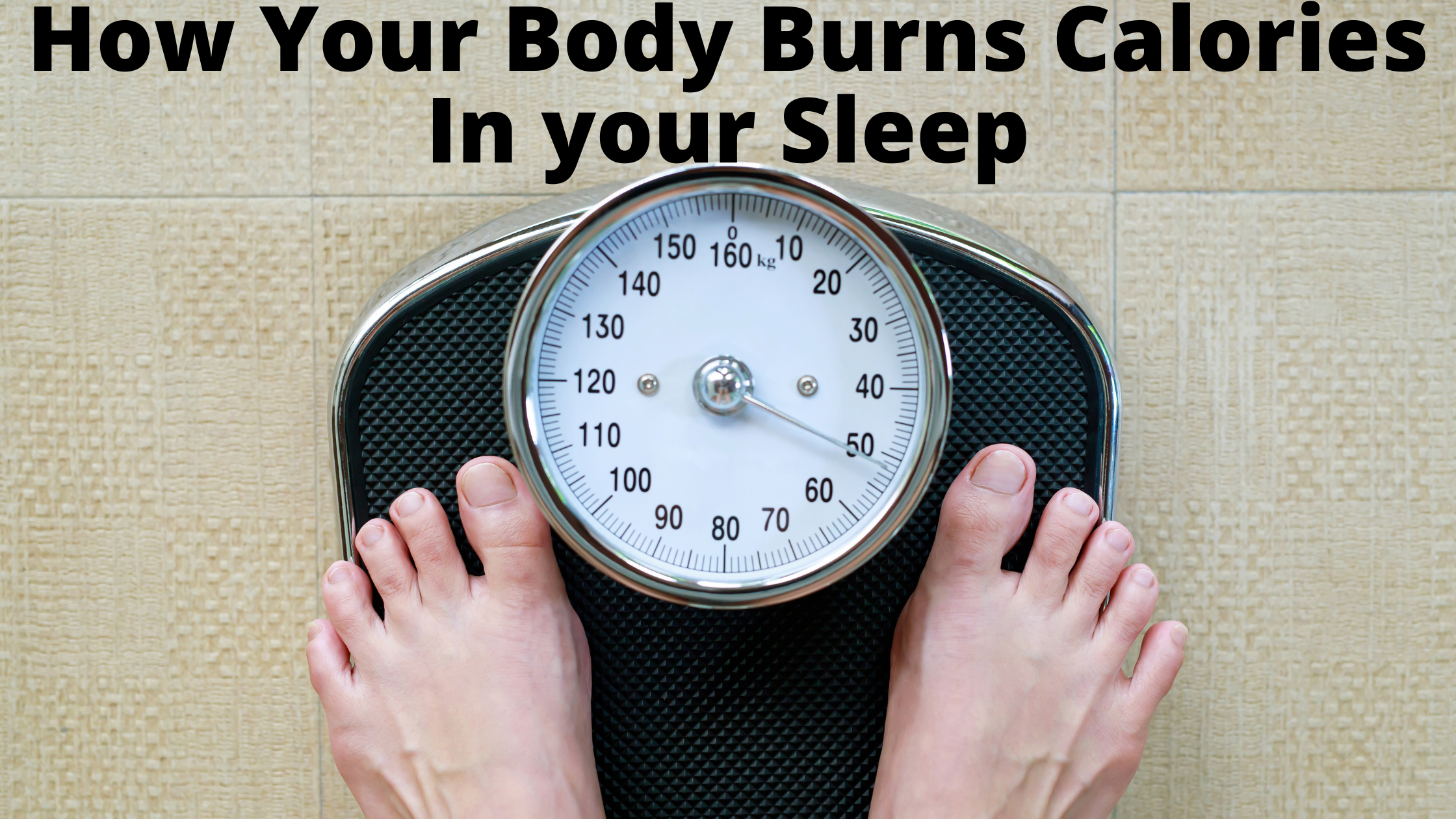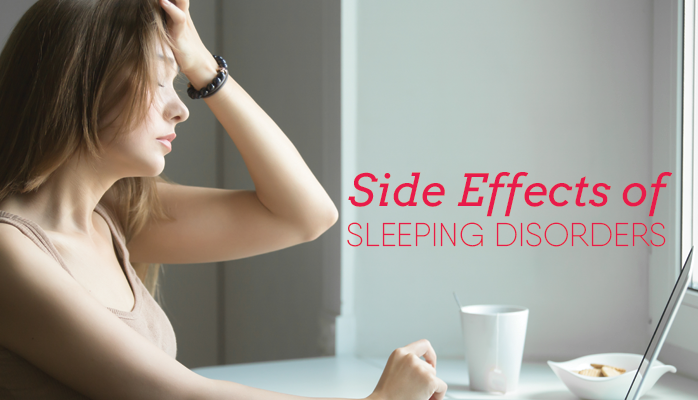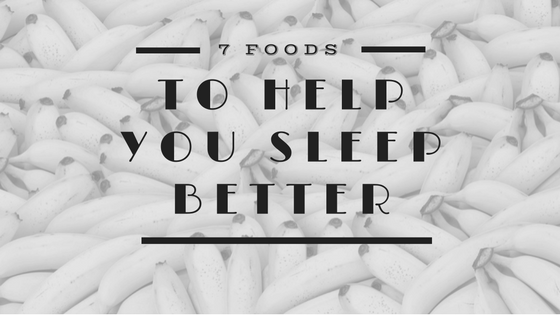Diabetes affects more than 30 million people in the United States. It is also the 7th leading cause of death. The most common form is Type 2 Diabetes, which is an acquired condition of insulin resistance. There are many factors that play into the development of this disease, including genetics, lifestyle, and habits. One of those habits is sleep. There is a tight relationship between sleep and diabetes, and understanding the management of one may help the other. Continue reading to find out more about this relationship and what you can do about it.
Shift workers are those whose work schedules fall outside the normal 9-5. They are often in healthcare, construction, manufacturing, or other fields that require irregular work hours. Although there are benefits to taking these shifts, this shift wreaks havoc on your health. Continue reading to find out ways to regulate your blood sugar as a shift worker.
Diet and sleep are interlinked in a variety of ways. Although more about this relationship still needs to be discovered, it's clear that there are a few elements of our diet that can impact our ability to get good quality sleep. Vitamins are an example of a nutrient that we must get enough of throughout the day to avoid health issues related to their deficiencies. Below is a list of 5 vitamin deficiencies that can affect your sleep. If you think you're deficient in any of these, you must talk to your doctor before running out and finding supplements, as toxicity and overdosing on vitamins is possible.
Carbonated drinks are heavily consumed throughout the US. Whether you know them as pop, soda, Coke, or another name, carbonated drinks are consumed at a high daily rate by American youth and adults. Soft drinks are also the most common source of added sugar in the average American diet. They are very popular, despite their link to a myriad of health problems, including weight gain, obesity, type 2 diabetes, and heart, liver, and kidney disease.
Soda can also negatively impact sleep. Continue reading to find out more about how these drinks can delay the necessary hours of precious sleep.
Iron deficiency anemia is a very prevalent disease in the United States. It stems from having an iron shortage that impacts the blood's ability to properly transport oxygen throughout the body. These can lead to serious pain and even sleep disturbances. Treating anemia may help to relieve insomnia and other sleep problems. Continue reading to find out how anemia impacts sleep and what you can do to help treat it.
How your Body Uses Calories and Why Sleep is So Important
Did you know that you are actually burning calories while you sleep? You're not burning as much as you would working out for 30 minutes or running a marathon, but your body still has to work to keep alive, even though you're technically doing nothing. Continue reading to find out how your body uses calories and why sleep is so important.
Negative Side Effects of Sleeping Disorders
The majority of individuals who seek professional help for their sleeping disorder admit that they waited too long. Their record of adverse symptoms is usually long. After receiving treatment, the most common exclamation sleep specialists hear from patients is, “Why didn’t I do this sooner?”
Indeed, those who suffer from undiagnosed sleeping disorders likely suffer from numerous symptoms that make life uncomfortable. If you have an untreated sleeping disorder, it’s probable that you might be experiencing one or more of the negative side effects listed below.
Improving Sleep Time/Quality Takes Effort in 21st Century
As great as modern technology and global access to goods and services are, they have made it significantly harder to get a good night’s rest. It’s reasonable to assume that people 100 years ago probably slept better and longer than people today.
Why? Common reasons people don’t get quality sleep or sleep long enough are:
- Media before bed time
- Diet
- Too much light
- Too much noise
- Too much energy
- Medical conditions (insomnia, sleep apnea)
All of these points affect our ability to regulate melatonin production (the hormone that regulates sleep). In practical terms, this list points out that in our environment, we are surrounded by things that keep us from getting the sleep we need:
- Phones, laptops, tablets, and TVs in the bedroom;
- Unlimited access to coffee;
- Alcohol;
- Lights and noise from gentrified; and
- Sitting in a chair all day at work.
In the 21st century, you need to make a concerted effort to get better sleep. Let’s look at 5 easy ways to improve sleep time and quality.
It’s not surprising that the week of Thanksgiving was chosen as GERD awareness week, especially with our tendency to indulge in a little too much of everything! GERD. or gastroesophageal reflux disease, is a common disease that affects millions of Americans.
Forty percent of Americans report having symptoms of insomnia at some point within a given year, according to the National Sleep Foundation. This alarming statistic identifies a common problem across the country affecting millions of adults. Not only does being tired detract from you quality of life, poor sleep is also detrimental for your health, causing or exacerbating conditions like heart disease and depression.
Before reaching for a prescription drug, there are some lifestyle factors that may actually improve your sleep outcomes. One lifestyle factor is diet. Revamping your diet can go a long way towards improving your sleep quality, provided you opt for foods rich in the right sleep-inducing ingredients. Continue reading to learn about 7 foods that can help you sleep better.

